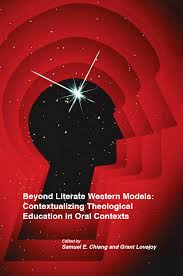No one wants to look stupid. People don’t tend to believe things in the hope that they will get laughed at. People would pretty much mock you if you depend on “Uncle Rico” for dating tips.That’s what Chinese call “losing face.” Why? “Face” is about placing value in something or someone. Previously, we saw that Jesus explains faith in terms of face. By seeing faith in light of “face,” we are reminded that faith is public, not private. No one... Read more

















